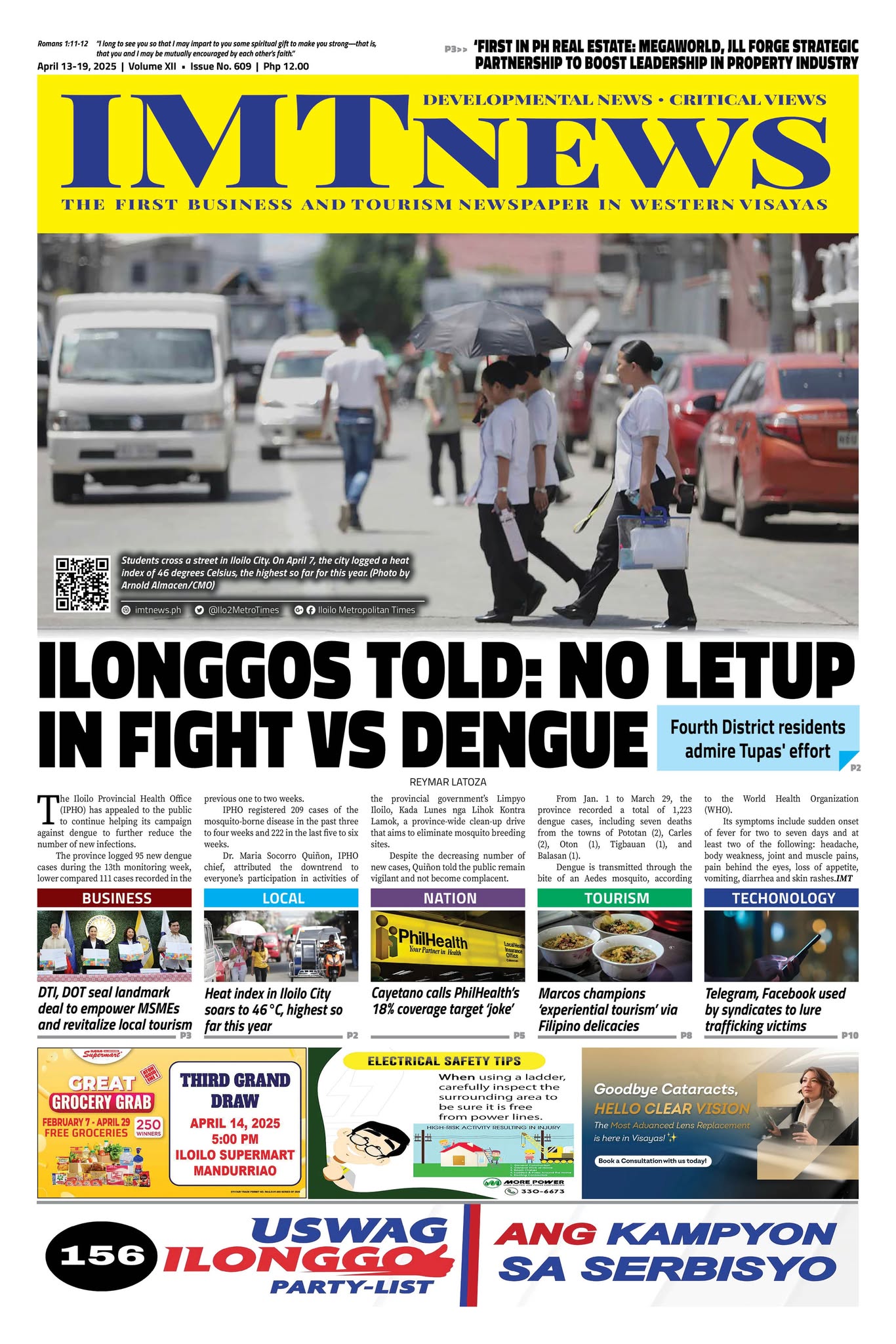Former Ilonggo senator Franklin Drilon has urged President Ferdinand Marcos Jr. to classify all Congress-introduced amendments in the 2025 General Appropriations Act as “For Later Release” (FLR) to shield billions of pesos from being used for election-related purposes.
“The President should put all Congress-introduced amendments that fall under what we call ‘pork barrel’ into FLR. This is to prevent the budget from being perceived as a tool for election-related spending,” Drilon said in a radio interview.
He made the call after noticing that Marcos Jr’s vetoes of some items in the budget were largely “cosmetic,” with little impact on the so-called “pork barrel” funds, particularly those allocated to the Department of Public Works and Highways (DPWH).
“Sa aking tingin, ang hindi naayos yung pork barrel ng mga kongresista. Malaki pa rin po ang pork barrel na naiwan sa GAA. Walang masyadong pagbabago. Malaki pa rin ang pork barrel sa DPWH,” according to him.
“The 2025 budget is considered an election year budget. Hence, we must be vigilant. The budget should not be a tool in aid of the 2025 elections.”
Drilon said his proposal would ensure compliance with the Omnibus Election Code, which prohibits the release or expenditure of public funds for public works and related activities starting 45 days before the elections on March 28, 2025.
The FLR mechanism, previously used by the Department of Budget and Management (DBM), classifies amendments not part of the President’s National Expenditure Program (NEP) as FLR. Funds are only released once specific conditions are met.
Drilon believes this approach will protect the budget from being perceived as a tool for political advantage and provide assurance to the public that government funds won’t be misused for electioneering.
He noted that while P26 billion worth of DPWH projects were vetoed, the total value of congressional insertions still stands at P263.9 billion, with an overall P347 billion in insertions across the entire budget.
With only P26 billion reverted to the Treasury, the ex-senator said only that amount is available to restore funding for de-funded projects in the NEP, including key programs like the P74.4 billion subsidy for PhilHealth and the P50 billion for the 4Ps. These programs are unlikely to be restored.
“It also means that the pork insertions are generally intact,” added Drilon.
“The veto of unprogrammed activities will not create a source of financing for de-funded projects like the PhilHealth subsidy. These projects remain unfunded and will likely have to wait until the 2026 budget,” he explained.IMT








